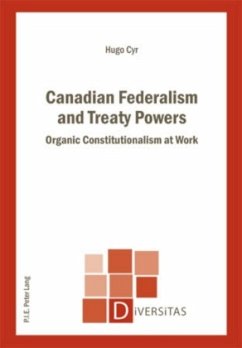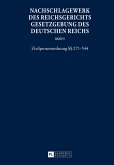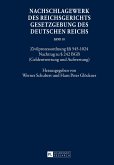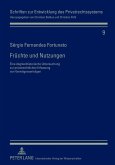With the increased mobility and interdependence brought on by globalisation, governments can no longer deal effectively with what were traditionally regarded as «domestic issues» unless they cooperate among themselves. International law may once have been a sort of inter-state law concerned mostly with relations between states, but it now looks increasingly inside state borders and has become, to a large degree, a trans-governmental law. While this creates significant challenges even for highly-unified «nation-states», the challenges are even greater for federations in which powers have been divided up between the central government and federated states. What roles should central governments and federated states play in creating and implementing this new form of governance?
Using the Canadian federation as its starting point, this case study illustrates a range of factors to be considered in the appropriate distribution of treaty powers within a federation. Professor Cyr alsoshows how - because it has no specific provisions dealing with the distribution of treaty powers - the Canadian constitution has «organically» developed a tight-knit set of rules and principles responding to these distributional factors. This book is therefore both about the role of federated states in the current world order and an illustration of how organic constitutionalism works.
Using the Canadian federation as its starting point, this case study illustrates a range of factors to be considered in the appropriate distribution of treaty powers within a federation. Professor Cyr alsoshows how - because it has no specific provisions dealing with the distribution of treaty powers - the Canadian constitution has «organically» developed a tight-knit set of rules and principles responding to these distributional factors. This book is therefore both about the role of federated states in the current world order and an illustration of how organic constitutionalism works.








